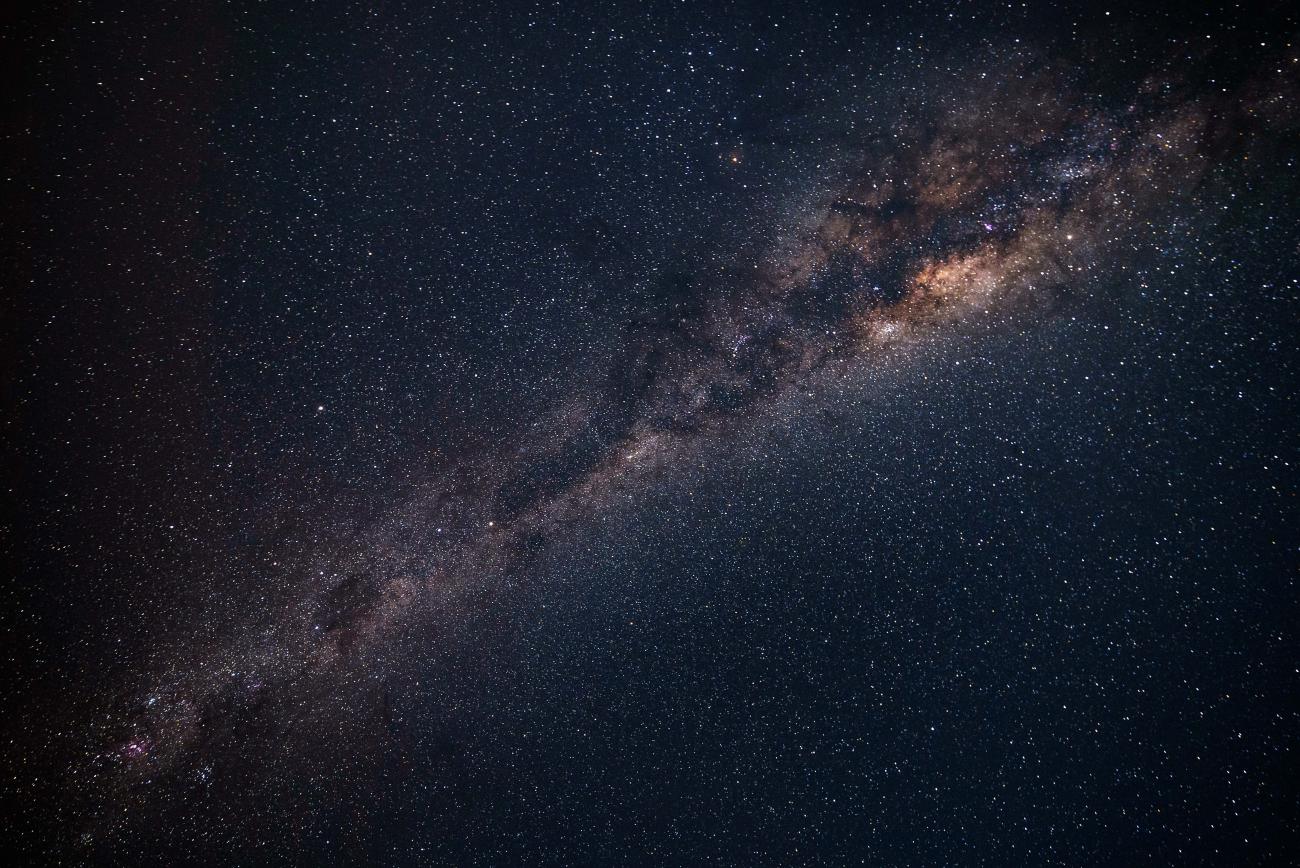The 2009 blockbuster hit ‘Avatar’ introduces viewers to a conflict between a tribal species native to Pandora and an inter-galactic corporation looking to extract the highly valuable commodity ‘Unobtanium’. It is a roller-coaster of corporate greed, scientific discovery and galvanised by the tale of a technologically superior power being defeated by the native tribes of Pandora. It hits all the right notes of an epic science fiction movie. Having said this, there is growing competition between corporations racing to extract resources from space. In addition, there is a scramble between nations in legislating and regulating the last frontier. As such, corporations are not in competition with extra-terrestrial life over precious rocks but there is an intensifying race between states and corporations in achieving the pioneer’s advantage. This would allow the winner to write the rules of the game and establish an early foothold in the Cislunar economy. Everyone is looking for a slice of the lunar cake, those who reach for it first will be able to determine the size of their slice and also the rules others will have to follow to be allowed access.
The cislunar economy (by which I mean the space economy) is in its early stage of development. Already the forces of capitalism are being extended to Geospace (the region of outer space near earth) and will only continue to expand as the space race heats up. For instance, satellite internet is widely being touted as a solution in achieving worldwide internet access, worth an estimated market of $1 trillion a year. This is being hotly contested by Eon musk’s Starlink and the British governments recently acquired One Web. Then there is space tourism which is estimated to achieve $800 billion in revenue by 2030. This particular industry is the playground of the three billionaires, Elon Musk with SpaceX (valued at $33 billion), Jeff Bezos who has stepped down from Amazon to spend more time focusing on Blue Origin and lastly, Richard Branson with the publicly listed Virgin Galactic. In this tug of war for a role in the future space economy, the sky is not the limit and the opportunities are infinite. The potential commodities trade in extracting resources in Space is also in its infancy. The US space agency NASA has already awarded 4 contracts to four companies to extract lunar regolith and satellites. In doing so, one of the companies Lunar Outpost (a robotics company), will take a photo of its extraction of the commodity and in doing so transfer the rights of extraction to NASA. This is only the tip of the extra-terrestrial iceberg, as finite recourses lanthanum, neodymium, and yttrium have all been identified to exist in space. In addition, the governments of America, Luxembourg, UAE and Japan have passed legislation for companies to extract extra-terrestrial resources. In the future, it may be that we are driving our electric cars on lithium extracted in space or swapping our holidays in Cornwall for a trip to the outer atmosphere (currently there is no need for a Covid pass when travelling to the moon). In late 2022, the moon will have 4G before rural areas in the South West of England have full coverage of 3G. Presently the space economy is an unregulated wild west, with billionaire space cowboys crowding in before the state can extend its reach. National governments are in a rush to establish new space defence departments, develop legislation in creating lunar regulations and introduce a new concept to extra-terrestrial resources, namely private property.
To conclude, the cislunar economy is in its infancy, it remains the wild west of commercial opportunity and will be an arena of intense geopolitical sabre-rattling. It is a market that is full of promise, from extending services to terrestrial life but also in providing a parallel economy of commodity extraction and exploration. There is a new gold rush in motion, this time for the commodities that will carry us to a clean circular economy and the digital multiverse. Private companies are developing innovative new technologies to realise the potential of an inter-planetary economy and governments are busy drawing up the rules of the game. The victors of this scramble for the cislunar economy will transform the power relations on planet earth and with it will come to a great rivalry. We are yet to discover extra-terrestrial life, but the competition for space commodities will be from our planetary neighbours, not the kind found in Avatar.
Written by Henri Willmott

